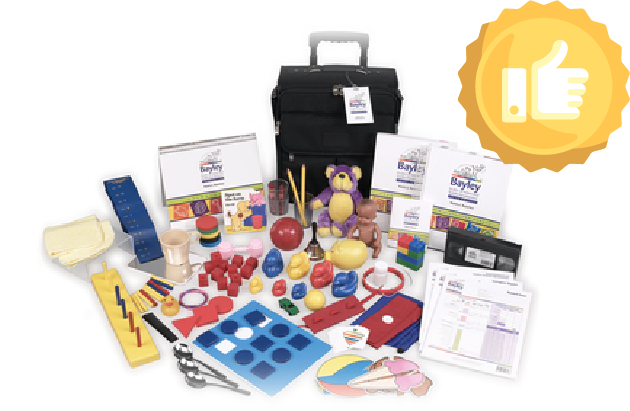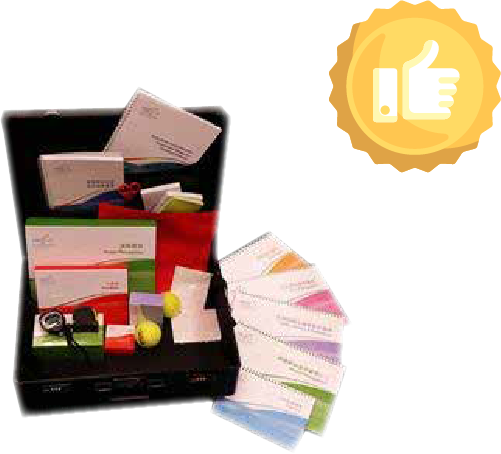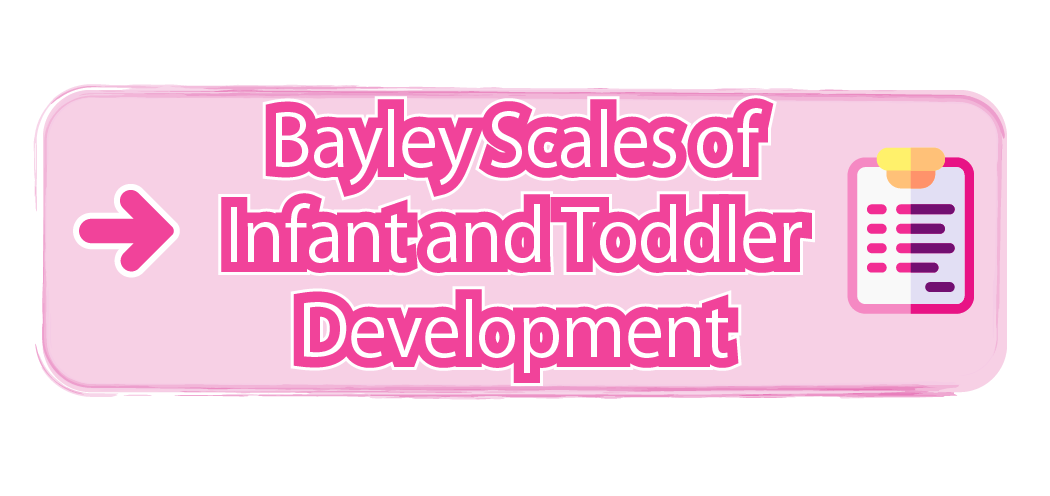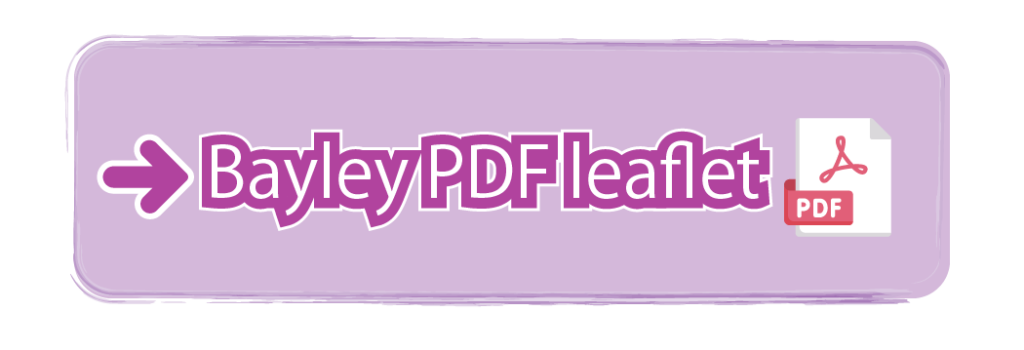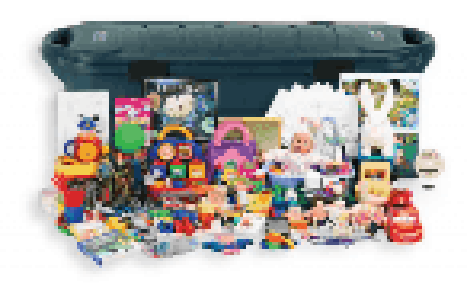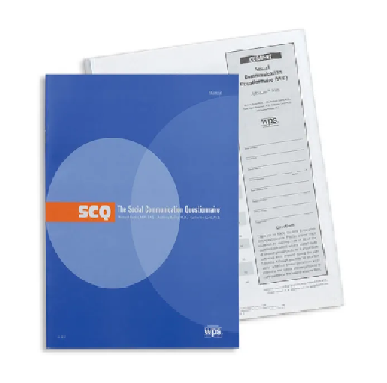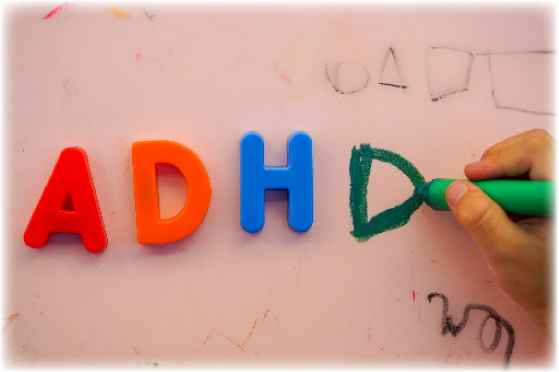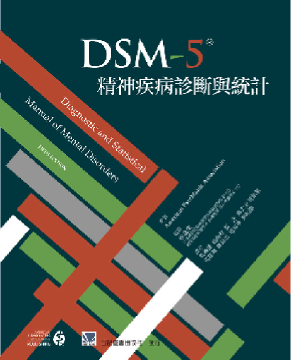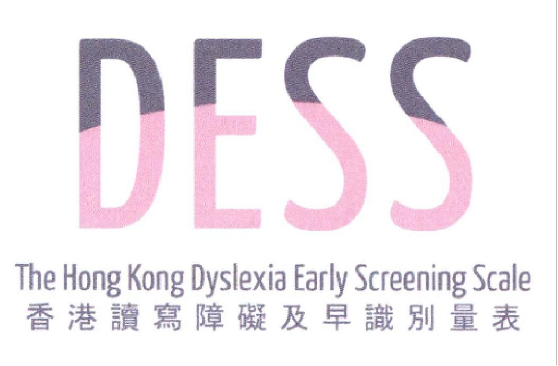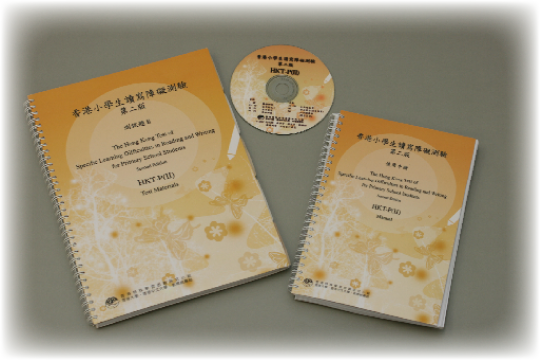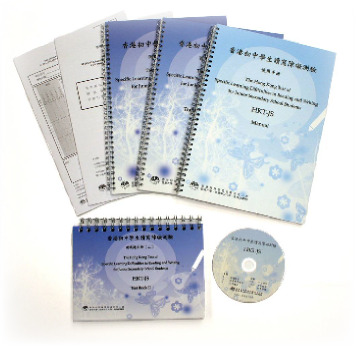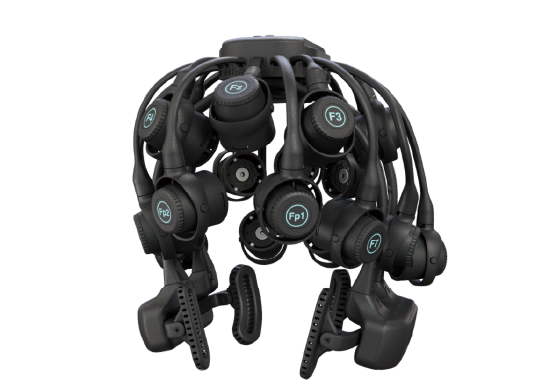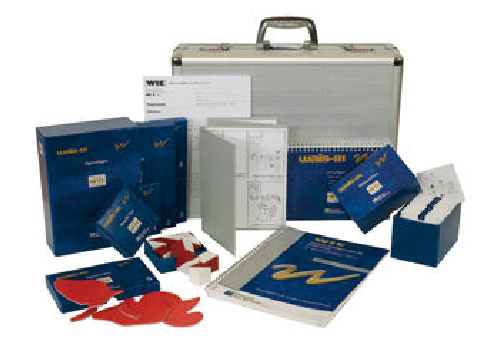Assessment Tools
We are committed to providing the most accurate, standardized, and scientific diagnoses. To achieve this, we employ multiple internationally recognized assessment tools, diagnostic manuals, and instruments to deliver gold-standard diagnoses.
We aim to avoid mislabeling children with autism or other conditions. For instance, within the spectrum of autism disorders, conditions like classic autism and Asperger’s syndrome, as well as delays in receptive and expressive abilities, or a child’s lack of social interest and stubbornness, are often confused, leading to diagnostic errors. Accurate and clear diagnoses, for various reasons, are crucial to ensure children receive appropriate special services and additional support, which significantly aids their integration into mainstream education in the future.
The diagnostic criteria and systems we use are also internationally accredited at the highest level. Our diagnoses are supported by a multidisciplinary team, including psychiatrists, pediatricians, and clinical psychologists, along with neurofeedback techniques to refine the understanding of the condition. This combination of subjective clinical judgment, standardized assessments, and scientific instruments greatly enhances the quality of our diagnoses.


